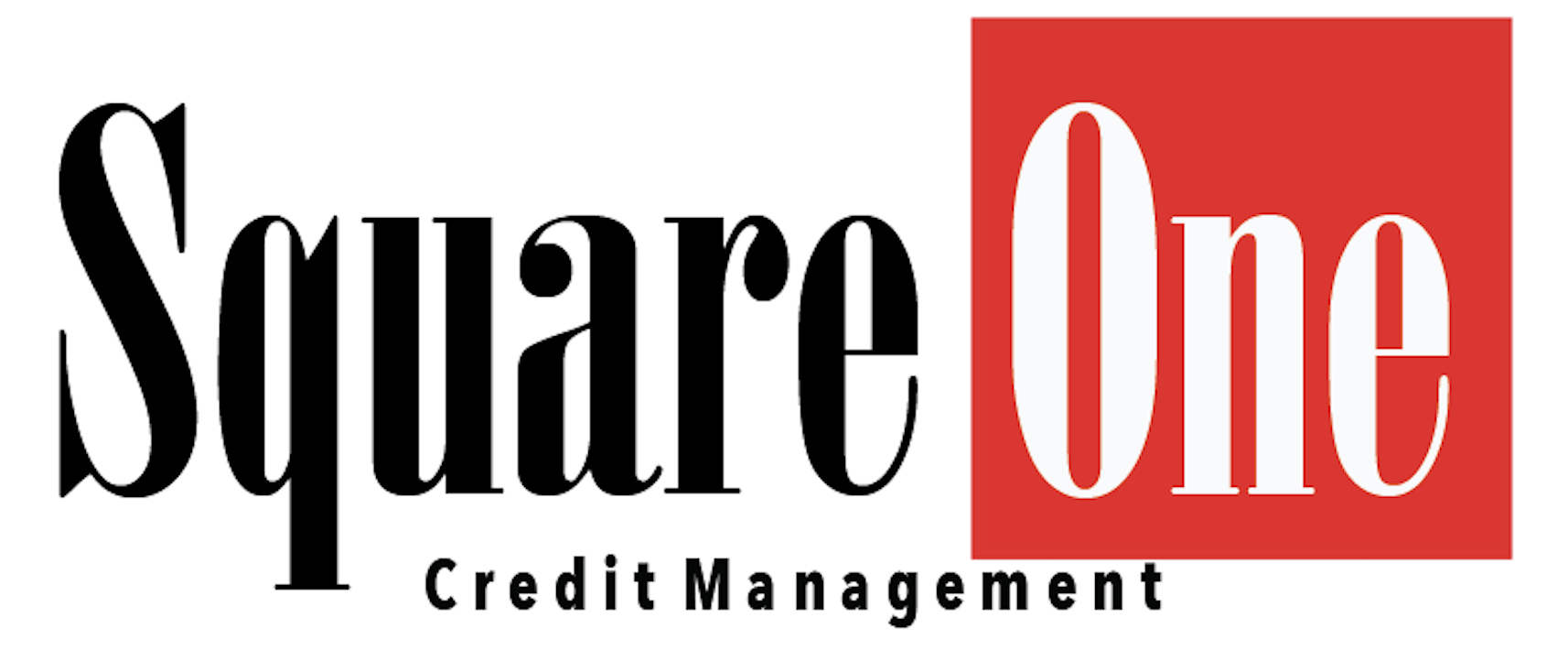
Why credit repair shouldn’t feel shameful
In a world full of information and communication, we are still taught some topics are too shameful to discuss. Credit is one of those topics.
It can feel very personal to discuss your credit scores, or more importantly, your credit repair needs. If there is an issue with your credit, there is a sense that those problems are your own personal failings. But that’s not true.
The first important thing to know about your credit score is that you are not alone. A new report from Experian came out this past January 2020 saying that approximately 55% of Americans have less then a “Very Good” credit score. 34% of Americans have a 650 credit score and below.
Credit is fickle and confusing and we didn’t get a class in high school to learn how to build good credit. Should you have a credit card? How many credit cards is too many? Do student loans help or hurt you credit? The expertise needed to understand credit is being lost to a void of confusion and doubt. People are too ashamed to speak up and ask for help, sometimes too anxious to even check their own credit scores.
And this can cause a serious issue: a Schrodinger’s cat phenomenon. Whether or not you check your credit, your scores will exist and they will grow or drop either way.
So rather than keeping your issues a secret, it is time to reveal what they are and how to get them to where you want to go. Some scores just require a quick bandaid and some simple DIY work to get the positive credit growth moving in the right direction. Others require intricate surgery and professional help. And that’s okay.
Asking for help for credit repair, is the same as asking for help in any other aspect of your life. It is not shameful to get help for physical, mental or spiritual needs. So why would asking for help for your financial needs be any different?
It is time to change the way we discuss credit because discussing credit is the first step towards being informed and understanding how your credit works. The more we are informed as a whole, the more money we, as consumers relying on our credit scores to save money, achieve financial freedom.
